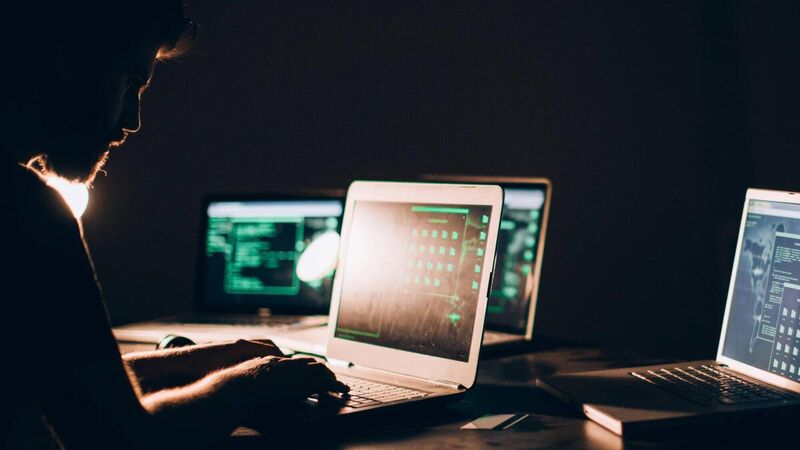HSE staff asked to turn on computers but it will 'take weeks to get back online'

The HSE is continuing to grapple with the fallout from the May 14 cyberattack. iStock
HSE staff have been asked to turn on their computers so that the decryption key sent by the cyberattackers can be downloaded across 80,000 devices, but have been warned the devices cannot yet be used.
The advice to staff came as the HSE's chief information officer said it will "take weeks to get back online".













